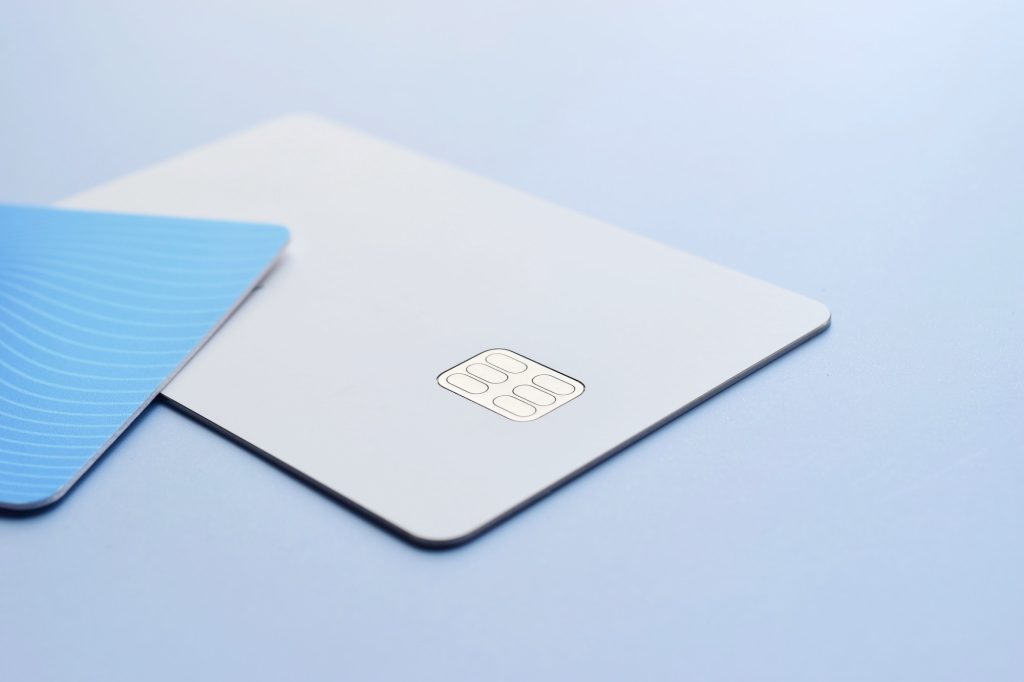Credit card debt can often feel overwhelming, but with the right approach, it’s possible to regain control over your finances. In this article, we’ll guide you through the steps to pay off $15,000 in credit card debt and set you on a path to a debt-free life. From understanding your debt situation to adopting effective repayment strategies, we’ll provide you with the tools and knowledge needed to tackle your credit card debt head-on.
Understanding Your Credit Card Debt
Assessing Your Financial Situation
Before you can start chipping away at your credit card debt, it’s essential to take a step back and evaluate your financial situation. Begin by listing all your debts, including balances, interest rates, and minimum payments. This will give you a clear picture of your financial obligations and help you create a plan tailored to your specific needs.
Prioritizing Your Debts
After you’ve listed all your debts, it’s time to prioritize them. This process will help you determine which debts to focus on first and what repayment strategy to adopt. Consider factors like the size of the debt, the interest rate, and any potential penalties for late payments when ranking your debts. Remember, the goal is to pay off your credit card debt as efficiently and cost-effectively as possible.
Setting a Realistic Repayment Timeline
Now that you’ve assessed your financial situation and prioritized your debts, it’s crucial to set a realistic repayment timeline. Consider your monthly income, expenses, and other financial obligations when determining how much money you can allocate towards debt repayment each month. It’s important to be honest with yourself and create a timeline that’s achievable, even if it means making some sacrifices along the way.
III. Effective Debt Repayment Strategies
The Debt Snowball Approach
The debt snowball approach involves focusing on paying off your smallest debts first while making minimum payments on larger ones. As you pay off each small debt, you’ll gain momentum and motivation to tackle the larger ones. This method is particularly effective for those who need quick wins to stay motivated throughout the debt repayment process.
The Debt Avalanche Approach
The debt avalanche approach prioritizes paying off debts with the highest interest rates first. By doing so, you’ll minimize the amount of interest you pay over time, potentially saving you a significant amount of money. This method is ideal for those who want to tackle their debt in the most cost-efficient manner possible.
Balance Transfer Credit Cards
A balance transfer credit card allows you to transfer your high-interest credit card balances to a new card with a lower interest rate or a 0% introductory rate. By taking advantage of this lower rate, you can save on interest payments and pay off your debt more quickly. Be sure to read the terms and conditions carefully, as balance transfer fees and the duration of the promotional rate can vary.
Debt Consolidation Loans
Debt consolidation loans involve taking out a single loan to pay off all your credit card debt, effectively combining your debts into one manageable payment. The primary benefit of a debt consolidation loan is that it typically comes with a lower interest rate than your credit cards, allowing you to save on interest payments and pay off your debt faster. Before applying for a debt consolidation loan, ensure that you can comfortably afford the monthly payments and that the interest rate is lower than your current credit card rates.
Debt Settlement and Negotiation
Debt settlement and negotiation involve working directly with your creditors to negotiate a reduced balance or lower interest rate on your credit card debt. This approach can be effective in certain situations, but it’s essential to proceed with caution. Successfully negotiating a debt settlement can negatively impact your credit score, and there may be tax implications for any forgiven debt. It’s recommended to consult with a financial advisor or credit counselor before pursuing this option.
Lifestyle Changes to Accelerate Debt Repayment
Budgeting and Expense Tracking
Create a budget and track your expenses to identify areas where you can save money. This will help you allocate more funds towards debt repayment and accelerate your progress.
Cutting Expenses
Identify non-essential expenses that can be reduced or eliminated to free up more money for debt repayment. Consider cutting cable, eating out less, and canceling subscriptions to help you reach your goal faster.
Increasing Your Income
Explore ways to increase your income, such as taking on a side gig, freelancing, or asking for a raise at work. The extra money can be used to pay off your credit card debt more quickly.
Emergency Fund
Having an emergency fund can prevent you from relying on credit cards in case of unexpected expenses. Start building an emergency fund to help you stay on track with your debt repayment plan.
Avoiding Future Credit Card Debt
Changing Your Spending Habits
To avoid accumulating more credit card debt, it’s crucial to change your spending habits. Create a realistic budget and stick to it, avoiding impulse purchases and unnecessary expenses.
Monitoring Your Credit Card Usage
Keep track of your credit card usage and regularly review your statements to ensure you’re not overspending. Set spending limits if needed to keep your spending in check.
Using Credit Cards Wisely
Credit cards can be useful financial tools when used responsibly. Make sure to pay off your balance in full each month to avoid interest charges and prevent future debt accumulation.
“Take control of your finances today and say goodbye to debt! Contact us now to get expert help consolidating your debt and start your journey towards financial freedom. Our team of financial experts is here to guide you every step of the way, so don’t wait any longer. Click the button below to get started now!”


